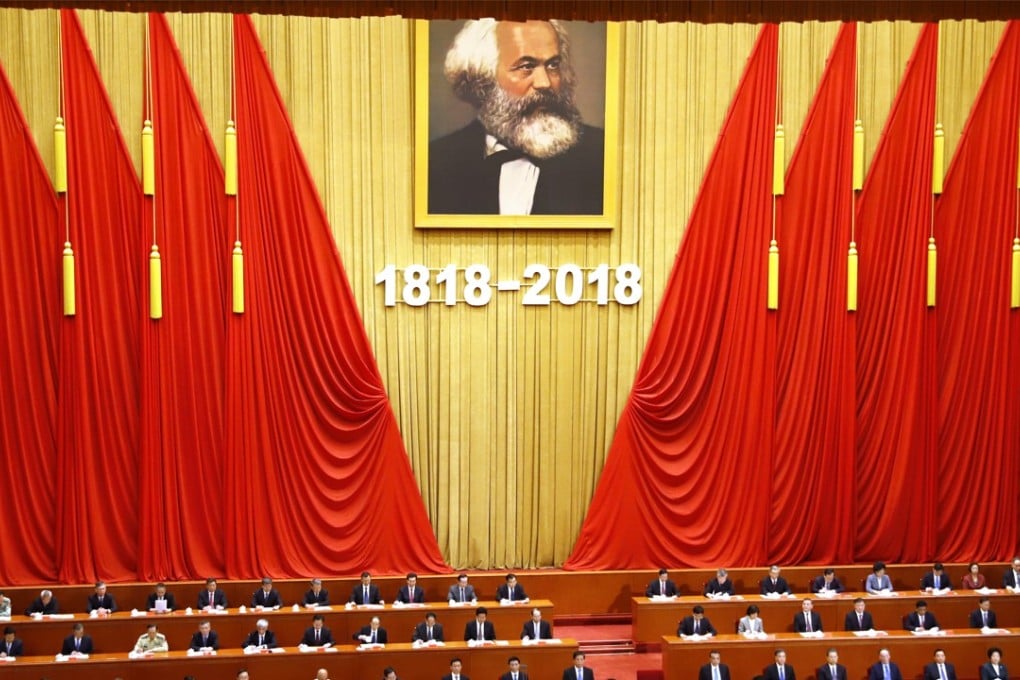Why Beijing isn’t Marxist enough for China’s radical millennials
President Xi Jinping may have called for a recommitment to Karl Marx’s ideology, but excuse some young Marxists if they are a little sceptical

“If we have chosen the position in life in which we can most of all work for mankind, no burdens can bow us down, because they are sacrifices for the benefit of all.”
This quote, by a 17-year-old Karl Marx, was recently cited in China by two people who have made national headlines but have vastly different views over what their “burden” is.
The first was Chinese President Xi Jinping, who delivered an hour-long speech at Beijing’s Great Hall of the People on May 4 – just ahead of the May 5 bicentenary of Marx’s birth – focusing on how the Chinese Communist Party had inherited Marxism and evolved the German thinker’s philosophy.
“Writing Marxism onto the flag of the Chinese Communist Party was totally correct,” Xi said. “Unceasingly promoting the sinification and modernisation of Marxism is totally correct.”
The second was Yue Xin, a student feminist and labour activist who called for her school, Peking University, to be transparent about the investigation of a 20-year-old rape case that had ended with the suicide of the victim – one of China’s most discussed #MeToo incidents.
Yue had written the same Marx quote Xi cited on the bulletin board of her dorm at Peking University soon before she pressed for answers in the rape case and became a young symbol of rights activism in China.